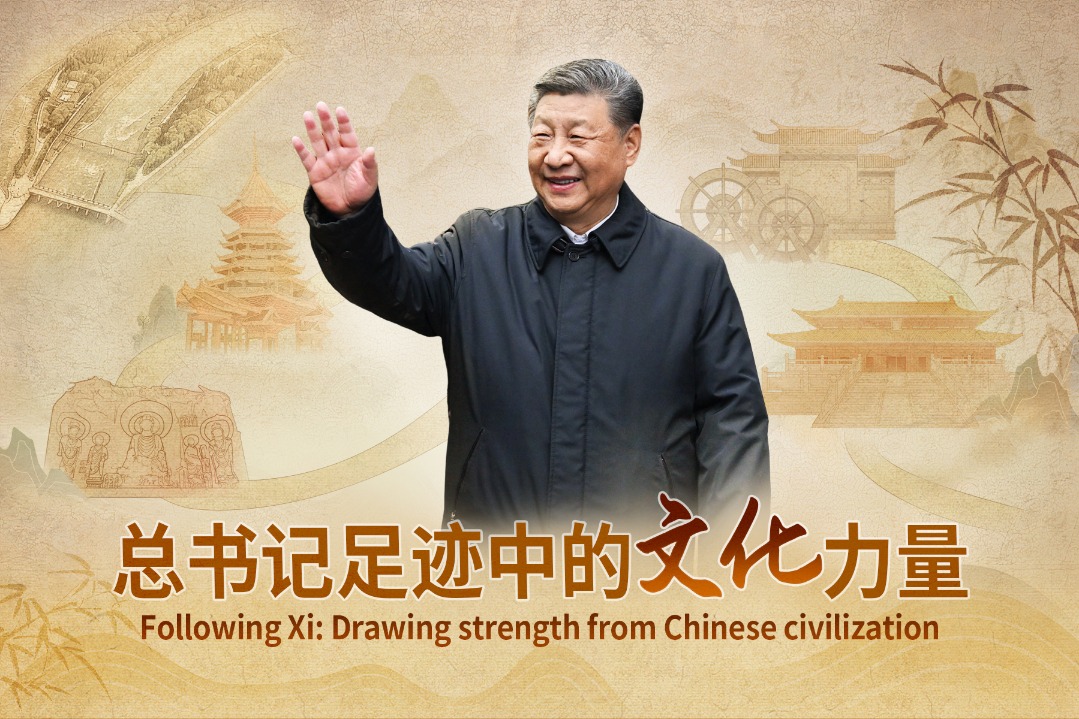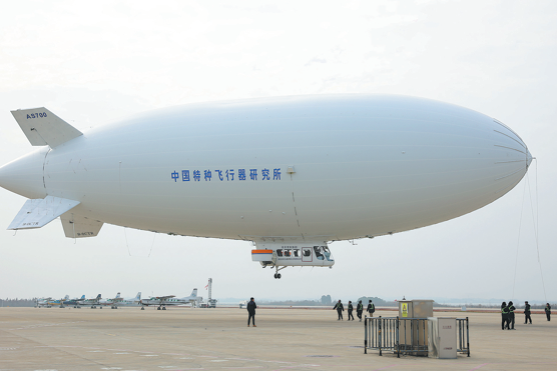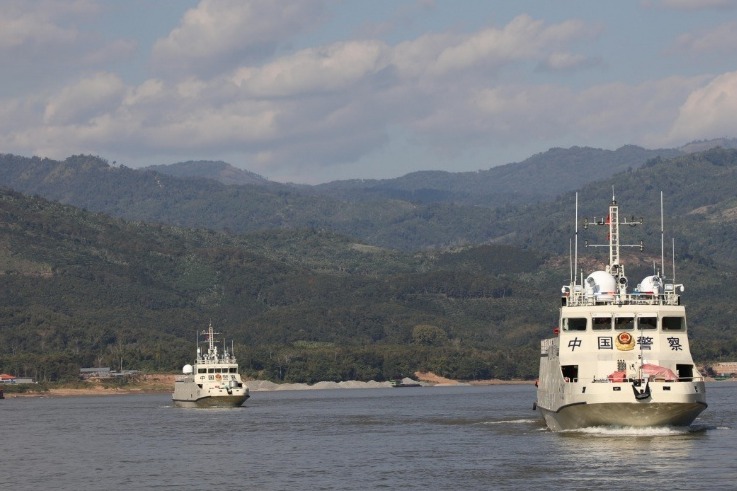US hegemony fanning global tensions, experts say

To maintain its hegemony and global primacy, the United States has long fanned tensions and created chaos around the world, experts say.
Habituated to exercising raw military power and intoxicated with the immense political and economic gains from conflict instigation and arbitrary intervention, the United States, the analysts and observers say, has become the greatest threat to world peace and stability.
In remarks made in April 2019, former US president Jimmy Carter said the United States has been at peace for only 16 of its 242 years as a nation, calling the country "the most warlike nation in the history of the world".
From directly launching wars, backing proxy wars, stirring up interstate hostilities to engineering "color revolutions", the United States has been involved in most of the major warfare or military conflict since World War II.
These wars and conflicts have devastated the invaded countries, killed millions of civilians and displaced tens of millions.
The unfolding Russia-Ukraine conflict is just the latest of many examples in which the US seeks its own geopolitical interests by stirring up confrontations in other countries or regions.
William Jones, Washington bureau chief of the US publication Executive Intelligence Review, has said Russia's main concern about NATO eastward expansion has never been heeded by the US, "which is only interested in maintaining its hegemonic status in Europe, and which has been steadily retreating from that collaborative policy which the West committed itself to after the Cold War".
In a dialogue with The Wall Street Journal Editorial Board on April 1, Singapore's Prime Minister Lee Hsien Loong called on the US not to make the Russia-Ukraine conflict "a battle of democracies against autocracies".
"You have to be very careful not to define the problem with Ukraine," Lee said.
Fueling the fire
The US has kept fueling the fire since the Russia-Ukraine conflict broke out, pumping weapons into Ukraine and pushing its allies to impose sweeping sanctions against Russia.
On March 29, when peace talks between Russia and Ukraine were said to have made progress, US treasury officials announced more sanctions against Russia's economy and supply chains.
Poorer countries in northern Africa, Asia and the Middle East risk suffering significant food insecurity as the conflict is poised to drive up already soaring food prices in much of the globe.
Answering a question from a news conference in Brussels in late March, US President Joe Biden admitted that sanctions against Russia have taken a toll on many countries, many of them having to face food shortages.
Xinhua






























